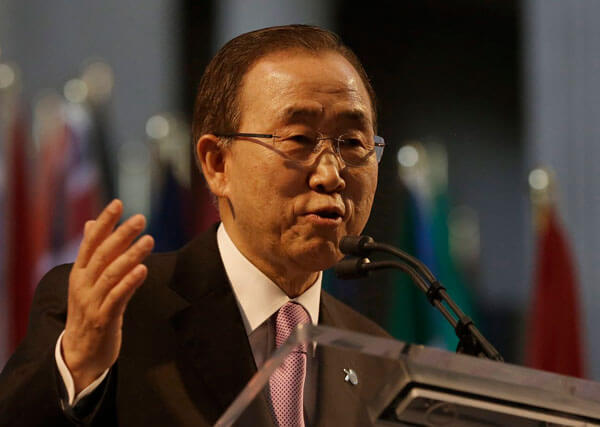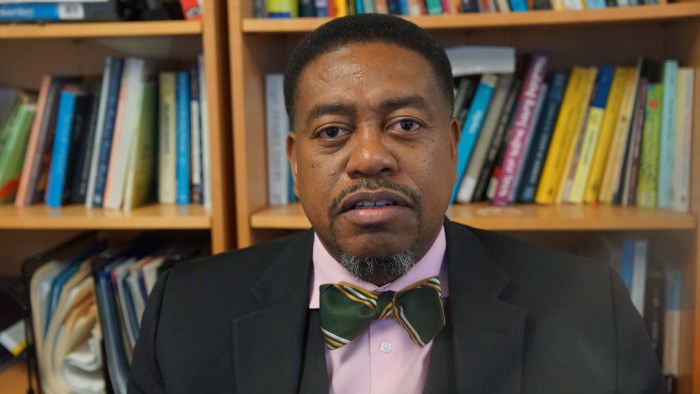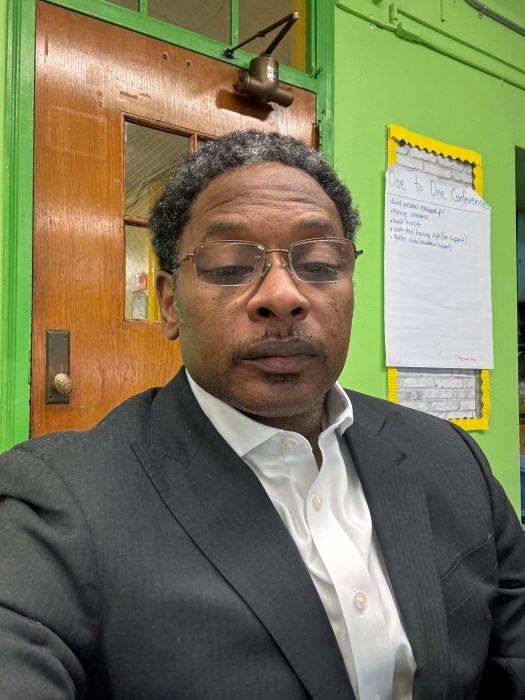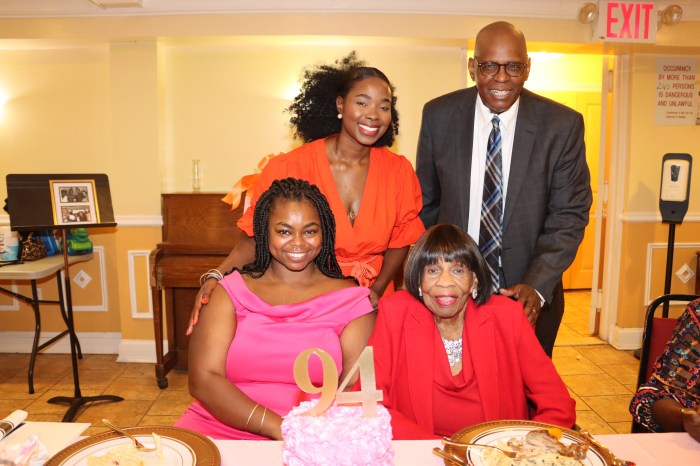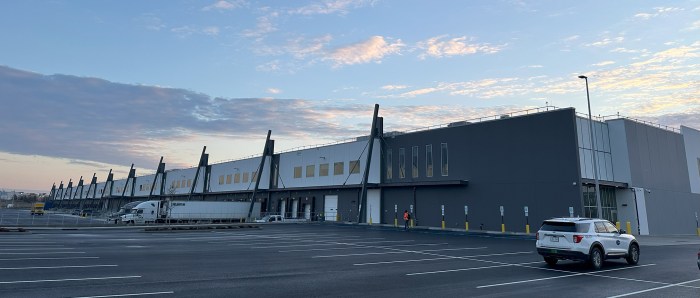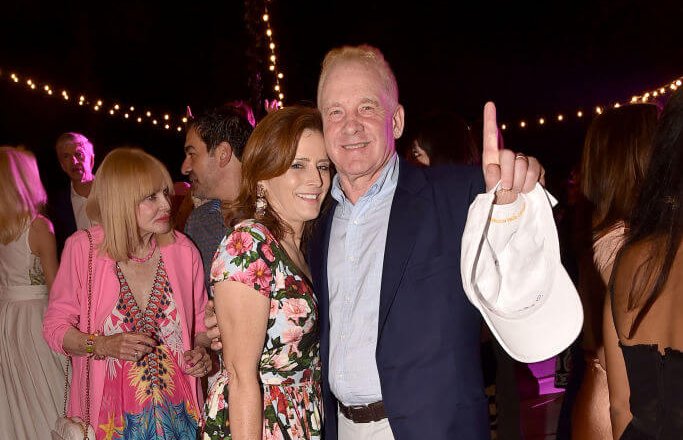BRIDGETOWN, Barbados (AP) _ U.N. Secretary-General Ban Ki-moon on Friday offered assistance to resolve an escalating border dispute between Guyana and Venezuela.
Speaking at a press conference ahead of a summit of the 15-member Caribbean Community, Ban said his chief of staff will meet with Venezuela’s foreign minister and might dispatch a mission to both countries if there is interest. Guyana’s government said last month that it planned to formally ask the U.N. to intervene.
Venezuela has long-claimed about two-thirds of Guyana and has become more insistent about a large marine area where Exxon Mobil Corp. says it made a significant oil discovery.
CARICOM invited Venezuelan President Nicolas Maduro to the summit in Barbados, but he did not attend.
Ban also urged leaders of the Dominican Republic and Haiti to maintain a dialogue at a time when the Dominican Republic is cracking down on migrants from neighboring Haiti.
“I strongly believe it is critical for them to engage in a frank and constructive dialogue,” he said.
The Dominican Republic recently announced it would start deporting non-citizens who did not enroll in an immigration registration program. The government has said some 31,000 people have left voluntarily.
Following Ban’s comments, Haitian President Michel Martelly said he was concerned about the situation.
“We’ve been trying to get a protocol with the Dominican Republic so we can agree on who’s coming, when they’re coming, how they’re coming, how many are coming,” he said.
Ban also said the U.N. will provide Haiti with technical support for upcoming elections.
Ban also presented details of a U.N. report released last month that calls for increasing HIV prevention efforts and stepping up the fight against AIDS. He noted that a quarter of a million people in the region live with HIV, and that punishing laws and stigma worsen the epidemic.
Much of the Caribbean is hostile to gay rights, and islands including Jamaica and St. Lucia have laws that prohibit consensual sex between men. The laws are rarely applied, but gays still face discrimination and in some cases, violence.
“Homophobia threatens both human rights and public health,” Ban said. “We cannot tolerate discrimination on the basis of sexual orientation, nor on the basis of gender identity. We must also defend the human rights of sex workers and of people who inject drugs.”


